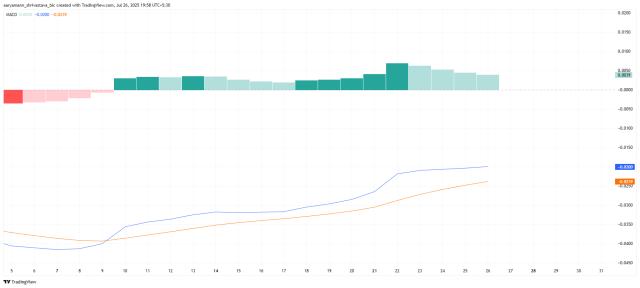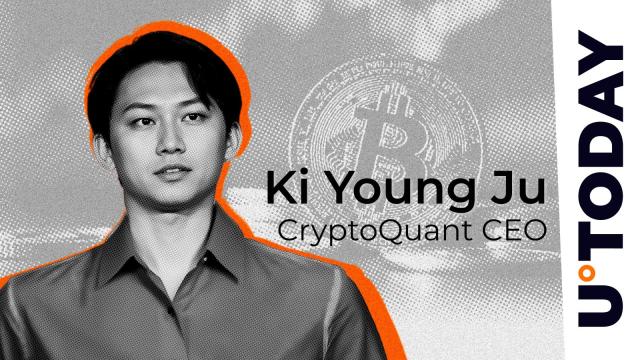
El Salvador's bold Bitcoin experiment hits turbulence—again. The IMF isn't playing ball, and locals aren't buying in (literally). Here's why the world's first crypto nation faces an uphill climb.
The IMF Standoff: No Easy Fiat for Crypto Dreams
Bukele's team keeps knocking on the IMF's door—but the lender's still clutching its purse strings. Turns out, 'volatile asset as legal tender' doesn't scream 'low-risk investment' to bureaucrats.
Adoption Gap: Where Are the Real Users?
NGO reports show most citizens still treat Bitcoin like a foreign language—recognizable, but not part of daily conversation. The Chivo wallet? More like ghost town tech.
Meanwhile, bond traders eye the situation like hawks—because nothing spices up emerging market debt like a side of crypto volatility. Welcome to monetary policy, Salvadoran style.
Bukele Talks Bitcoin, But IMF Deal Blocks New Purchases
While President Nayib Bukele’s administration has continued to showcase its BTC holdings, the IMF revealed that El Salvador agreed not to purchase additional Bitcoin as part of the deal.
This is a direct contradiction to claims by the country’s Bitcoin Office, which stated that daily purchases were ongoing.
“The government, apparently, continues to accumulate Bitcoin, which is beneficial for the government — it’s not directly good for the people,” Ehrenmann said.
For more than two years in a small district in the eastern part of El Salvador, Bitcoin enthusiasts have created a learning center and provided technical support to owners of about 200 businesses and entrepreneurs on using the cryptocurrency pic.twitter.com/S2bJ4YOYCf
— Reuters (@Reuters) July 25, 2025In January, the country’s legislature moved to roll back public sector involvement in Bitcoin to stay within IMF loan requirements.
The shift has raised questions about the long-term viability of El Salvador’s crypto policy and whether the original vision has quietly been shelved.
The Chivo wallet, once promoted as a centerpiece of the country’s Bitcoin adoption, will be shut down from public control, and the IMF clarified that while the wallet will remain operational, it must be fully privatized and no longer run on government funds.
According to the El Salvador Bitcoin Office, El Salvador currently holds about 6,244 BTC, worth roughly $742 million.
Some blockchain analysts, including firms like Arkham, have observed steady 1 BTC per day transfers from exchanges like Binance and Bitfinex to addresses reportedly linked to the Salvadoran government.
However, whether these are official purchases or private transactions remains unclear.
Governments and Institutions Continue Bitcoin Buys
Other governments and companies continue to expand their Bitcoin treasuries. Japan’s Metaplanet recently acquired 797 Bitcoin for $93.6 million.
Meanwhile, The Blockchain Group in France and the UK’s Smarter Web Company added over 340 BTC combined.
Strategy, the first Bitcoin treasury company, posted $14 billion in unrealized gains in Q2 2025.
As reported, crypto analyst Ran Neuner claimed that crypto treasury firms are acting less like buyers and more like exit vehicles for crypto insiders.
Instead of purchasing assets directly from exchanges, these companies often receive crypto contributions from existing holders, in exchange for shares that later trade at massive premiums on public markets.
Skepticism around the sustainability of the crypto treasury trend is also growing.
Last month, Glassnode lead analyst James Check raised concerns over the longevity of the corporate Bitcoin treasury strategy, arguing the easy gains might already be gone for new entrants as the market matures.






